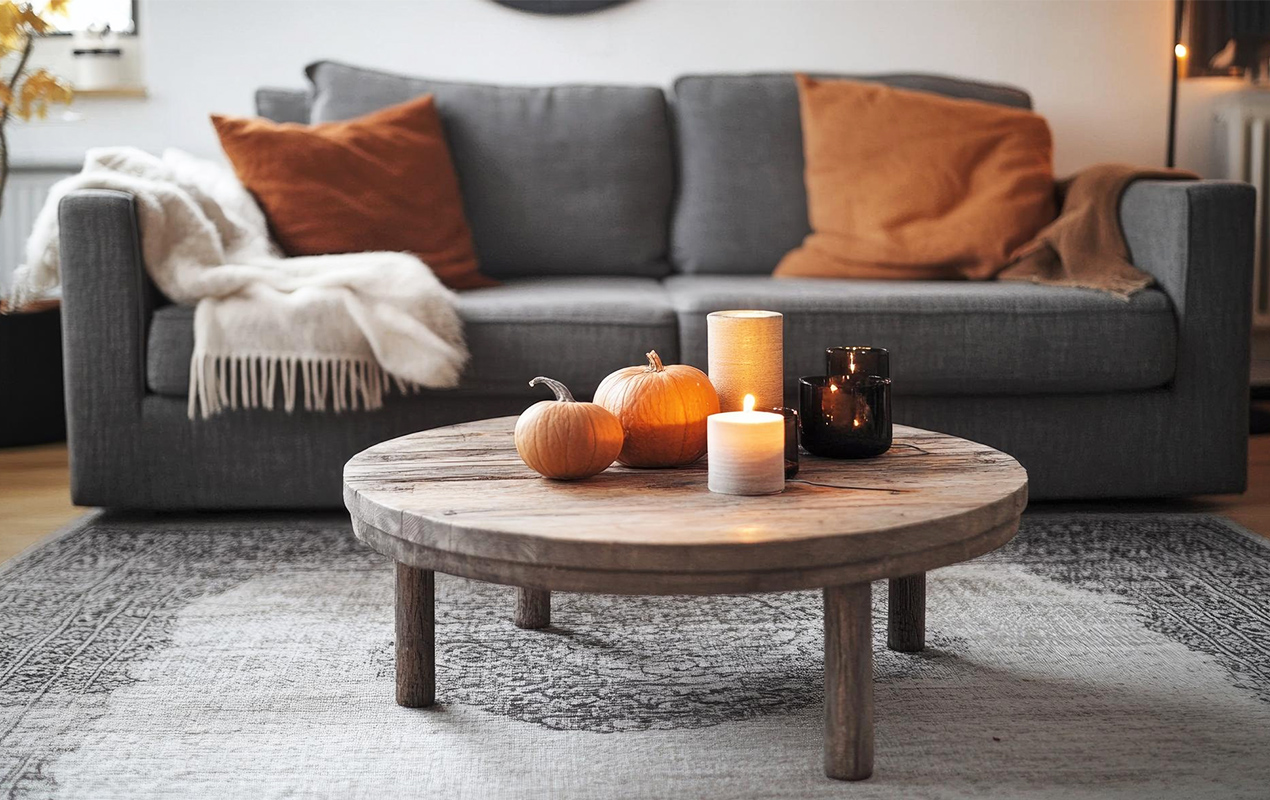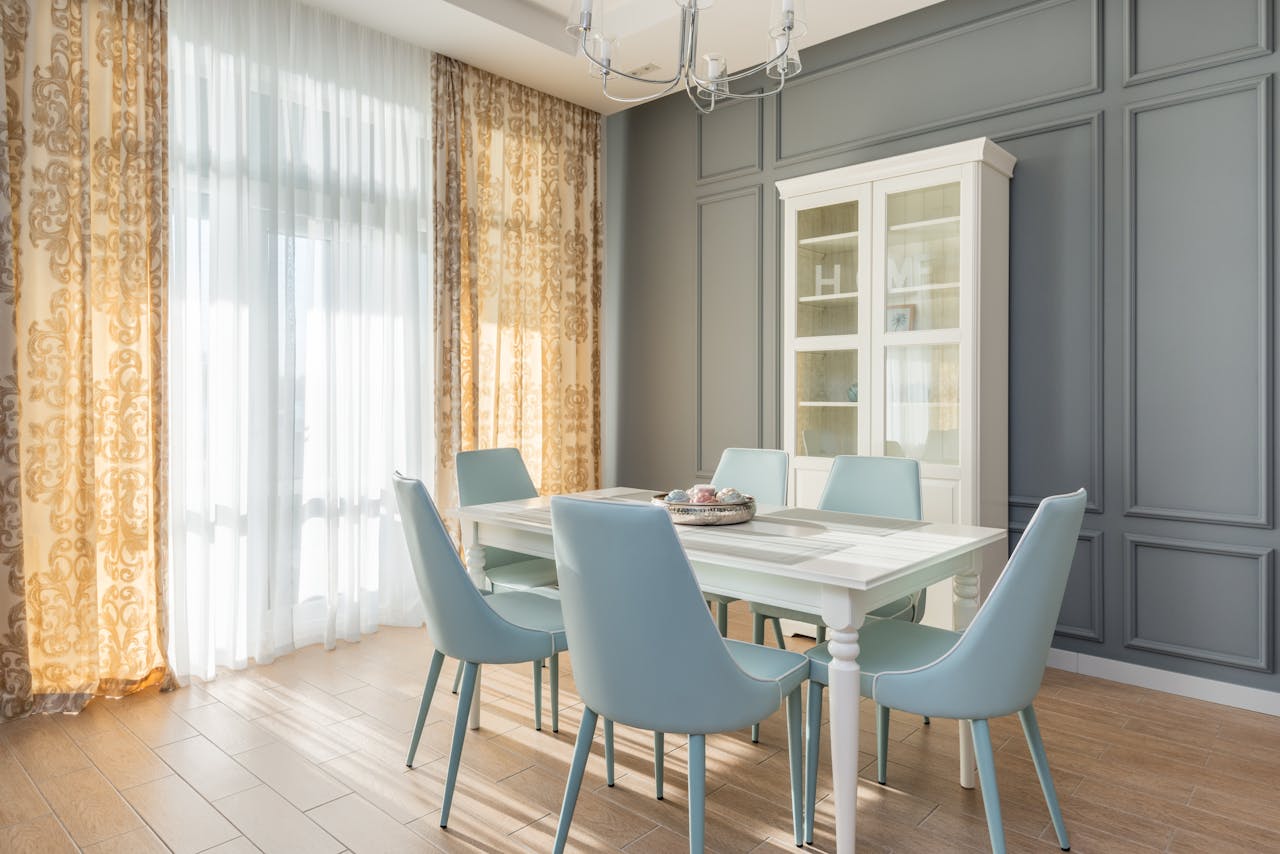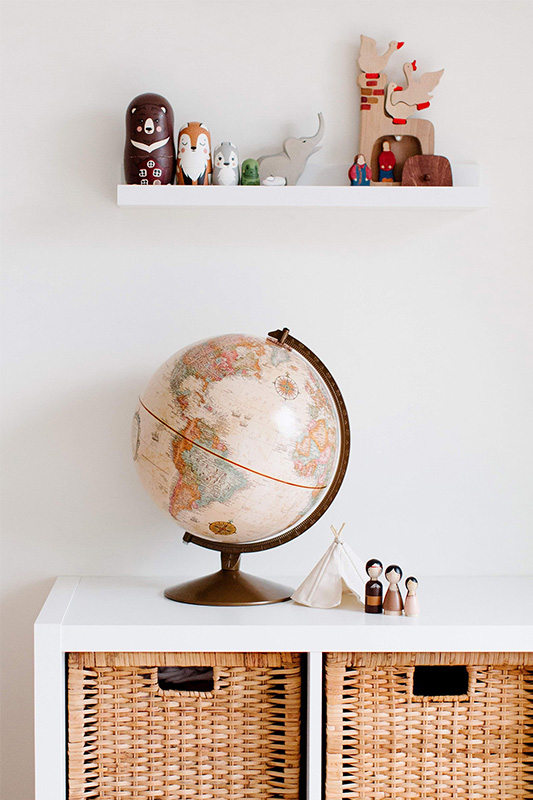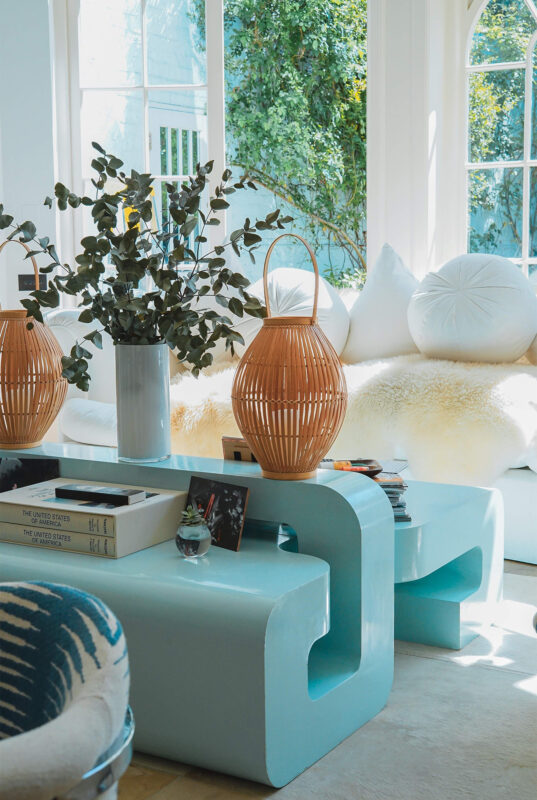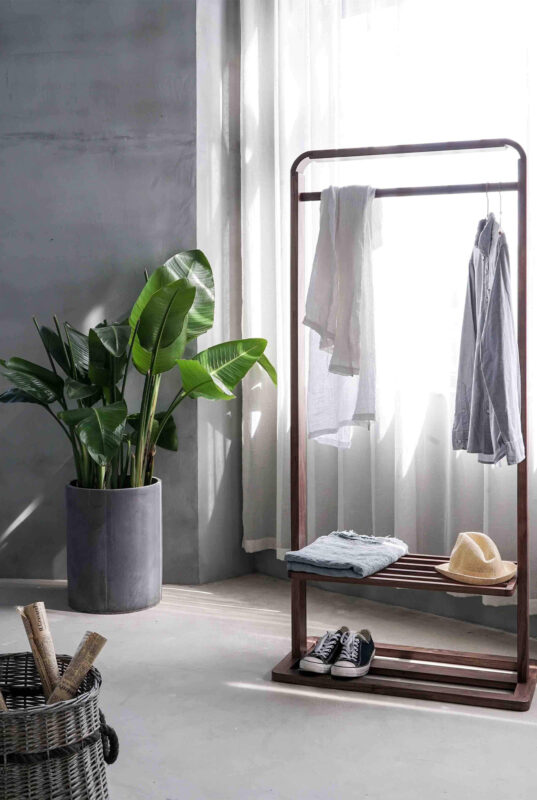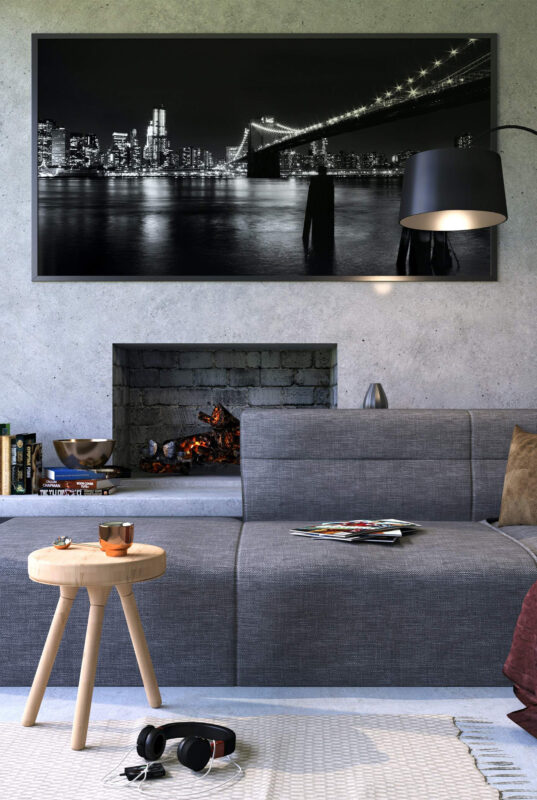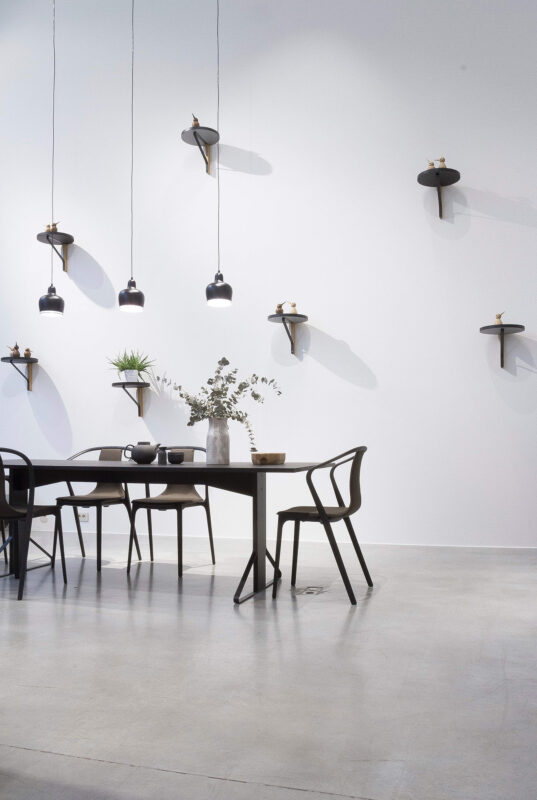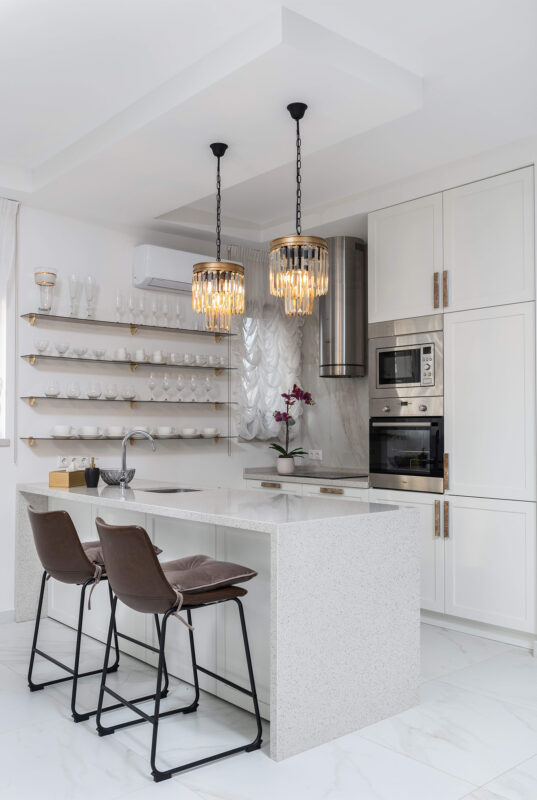Blog
Choosing Patio Furniture to Reshape Your Outdoor Aesthetic
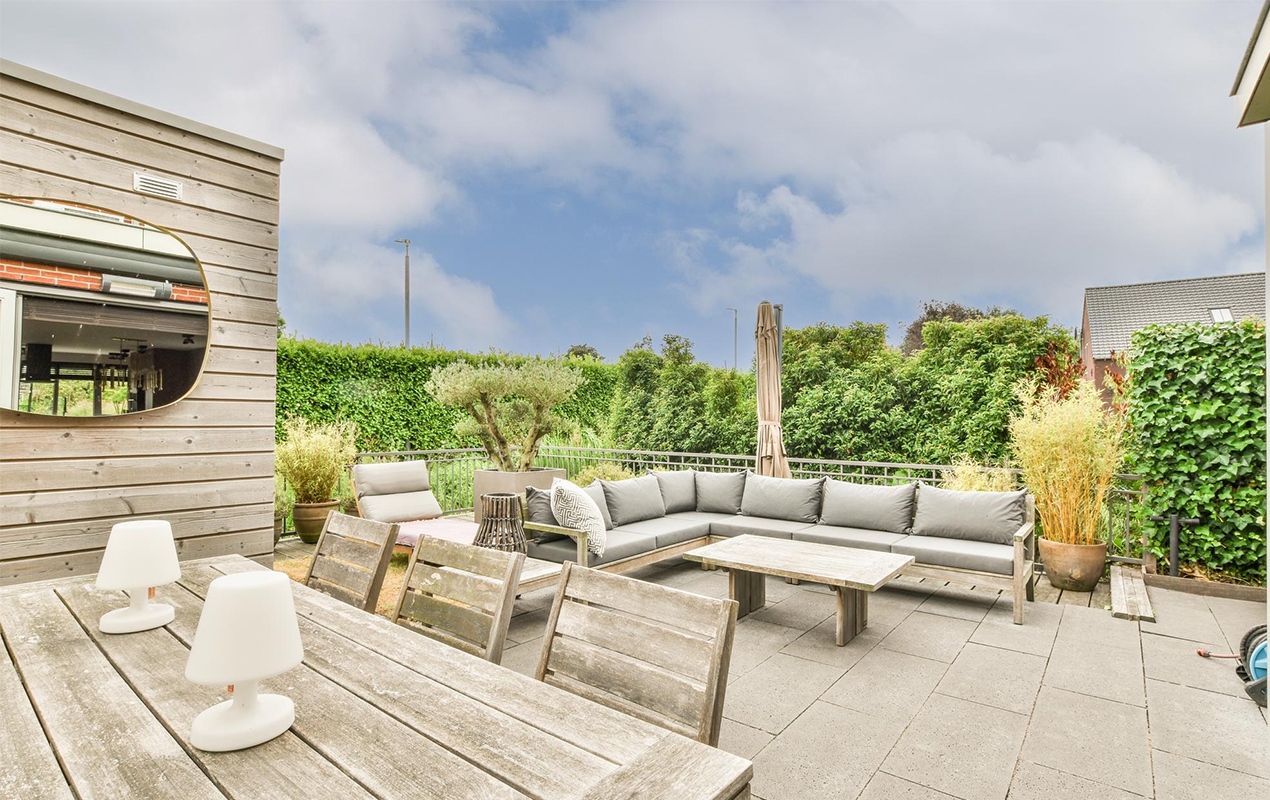
Has the time come to finally kit out your patio space with a new furniture set? Perhaps you want to turn part of your landscape into an alfresco family room or dining area. Or maybe you’re trying to create a discreet garden nook to unwind after a long day? While open-air living can be great, choosing outdoor furniture can be overwhelming, especially with the number of options constantly thrown at us, both on and offline. If your desire is to form an oasis that meets your every need, consider these basic tips for choosing the ideal patio furniture.
Consider The Existing Space
When in the market to purchase, it’s essential to give some thought to the setting in which the furniture will live, and the area you’re working with. Obviously, the size of your outdoor space is important, but you also want to consider its orientation to any views you might have that utilize exposure to the sun, wind, and moisture.
Balancing Functionality and Style
You’ll also want to consider how often you use the patio space, and for what purpose. Are you primarily reading and relaxing, or do you lean more toward dining and entertaining? If inviting friends and family for dinner is a regular occurrence, your focus would prioritize an adequate dining set. But if you see your patio as more of a quiet retreat, deep seating sets and ottomans or adjustable chaises and end tables may be a better-suited choice.
Another approach to more efficiently mitigate costs would be to opt for higher quality seating for your everyday use, and pair them with less expensive options in matching colors or styles to complete the look and be easily stored away. This way, you don’t crowd your space with things you don’t need all the time but achieve a cohesive look when its time to entertain.

Photo by Alrightstock from Freepik
Choosing the Right Materials
Another key consideration is the material type of your patio furniture, with the quality being just as vital as the furniture adorning your living room aesthetic. Not only will it be used frequently, but it also has to bear the conditions of wind, rain, and sun exposure.
Heavy materials like steel and wrought iron are durable and beautiful but can be less convenient for frequent changes and rearrangement. Other materials, like cedar, teak, and all-weather wicker, are all made to withstand the elements while not needing to be painted, stained, or replaced every season, helping lower your home maintenance costs over time.
If you’re looking for a patio lounge set that offers flexibility and versatility, lighter materials like aluminum may be a better option. This is essential if you like to mix things up from time to time or use your space for various activities, allowing easier maneuvering if you need to re-jig the setting to accommodate different occasions, from intimate gatherings to larger parties.

Photo by user24121185 from Freepik
Mix and Match
Speaking of mixing things around, it might be beneficial to forget the rigid confines of a pre-designed set and get creative through mixing and matching different pieces. This can help form a space that truly echoes your style, particularly if you lean towards a more eclectic aesthetic.
This could be a cozy wicker loveseat paired with a set of sleek, modern armchairs. Or a rustic wooden coffee table that complements a collection of brightly colored throw pillows. The key is to ensure all the pieces, though potentially from different styles, work together cohesively. You do this by looking for common threads, like a consistent color palette or complementary textures, to produce a well-put-together and inviting ambiance.
Finding the Ideal Table
For those working with a larger space, a dining table for dinner parties and soirees is essential to devising a welcoming ambiance. If you have a larger area or you entertain often, a long rectangular table is ideal, or a round or oval option if you’re aiming to stimulate conversation. If you have a smaller setup, a compact bistro table is a suitable choice. Or, for flexibility, try two smaller end tables you can push together when you have guests over for a larger gathering.
Most importantly, you’ll need plenty of space for moving chairs in and out and for people moving around. Your patio should be in proportion to this to accommodate all activities. Also, think about the type of surface that’ll work best; a few tabletop types to consider would be tempered glass, metal, tile, or wood.

Photo by Diana-eller from Freepik
A Stylish Retreat
Choosing the right patio furniture doesn’t have to be problematic. Remember to think about your space, how you’ll use it, and what materials will work best for you. Whether you want a subdued spot to relax or a place to host big dinners, there’s furniture out there to fit your desired needs.
Turning your outdoor area into a tranquil haven is a process that needs considerable thought and preparation. But when you eventually build a sanctuary that expresses your style and offers a peaceful refuge for rest and renewal, the work will have been well worth it. You’ll have a space that improves your home’s aesthetic while providing an escape from the daily grind, becoming your favorite place to be whether utilized for dinner beneath the stars or a peaceful morning coffee.

